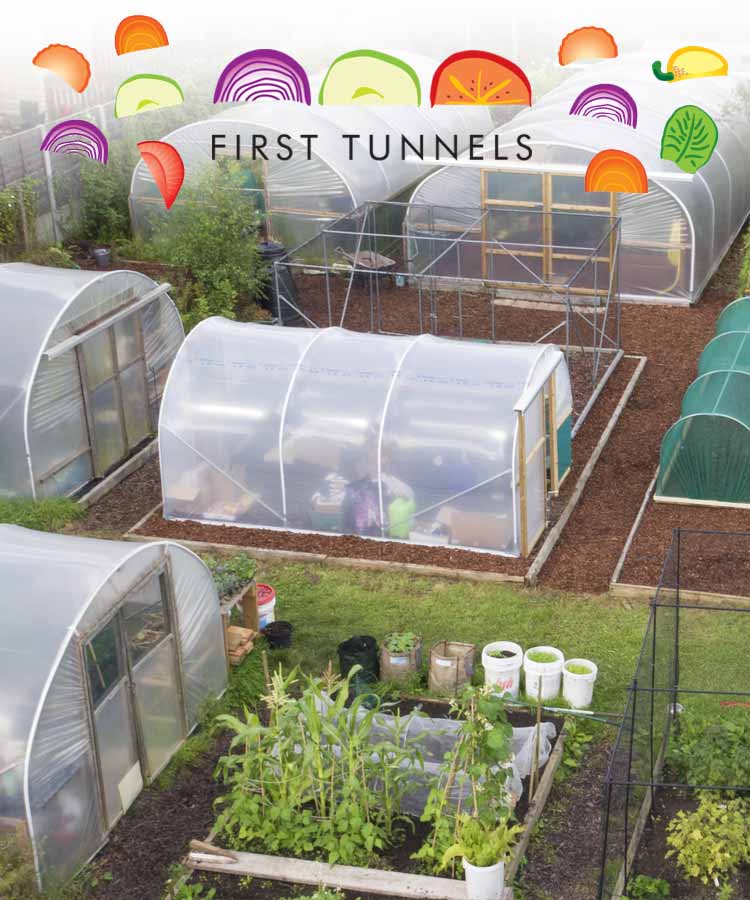Polytunnels have a wide range of applications for individuals and businesses, but can also be used in settings wherever people come together. Polytunnels can, for example, be a wonderful boon for schools. Primary and secondary schools can all benefit from having one of these covered outdoors spaces for food growing and other activities. Here are just some of the advantages of polytunnels for schools:
Watch Charles Dowding, Future Gardeners Forum:
A polytunnel can be a fantastic learning space for young and old alike. Children can learn a respect for the natural world and a greater appreciation for what it takes to get food onto or plates. What is more, a polytunnel can teach patience – as kids wait for seeds to grow. It can teach care and responsibility. It can teach children fundamental skills such as gardening and, by extension, cooking and preservation, as well as other related disciplines such as science and botany. The learning opportunities in and around a polytunnel abound. Every school should have one.
Teaching our children and making sure that they understand the importance of caring for the natural world is vital to the future of our civilisation. Children that grow up with their hands in the dirt will be engaged and well-rounded individuals when they reach adulthood. They will be better equipped to take charge of our planet and will be far more likely to become part of the solution to the world's ills other than becoming just another part of the problems. Polytunnels for schools are just one key cog in a mechanism that can draw us up out of the mire in which we find ourselves and can help us to forge a better, more ethical, more sustainable future for us all.
Not only will polytunnels help children to learn and grow, they can help our society in a broader sense to learn and grow. Schools that take the time to sow the seeds will definitely reap the rewards. As well as a wonderful tool for learning, and an investment in the future, a polytunnel can also help to make schools more diverse, more adaptable, more self-reliant and more secure. With a polytunnel, a school can begin to make inroads in growing their own food for pupils, staff and perhaps even the wider community. This can save money when there is little of it to go around, meaning that there is more to spend in other areas.
So, whether you are a teacher, a parent or a pupil – if your school does not have a polytunnel, it is time to ask yourself why. Take steps to make sure that polytunnels become a part of life in every single one of our schools.
